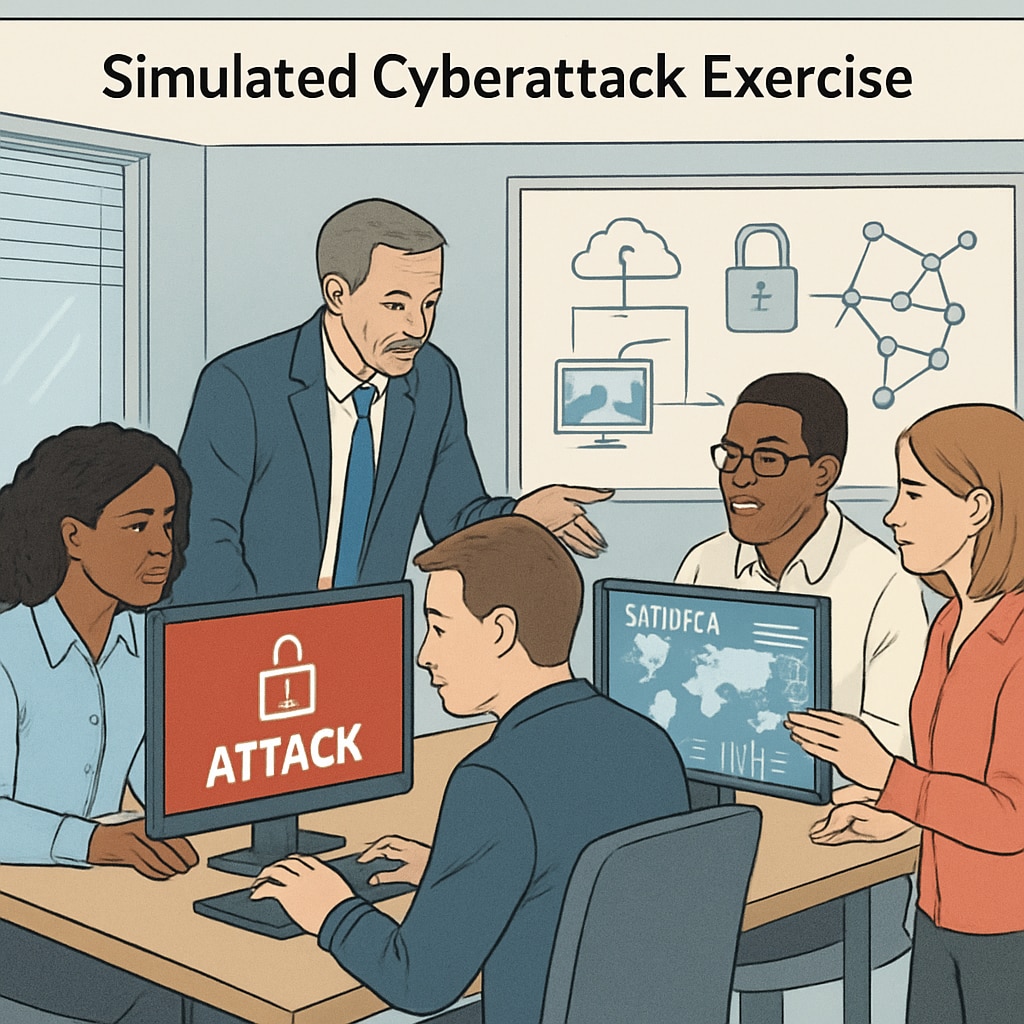When it comes to cybersecurity careers, many aspiring professionals worry about the role their university reputation plays in securing a job. While some may believe that degrees from prestigious institutions offer a significant advantage, the reality is more nuanced. In today’s rapidly evolving cybersecurity landscape, skills, certifications, and practical experience often outweigh the name of your alma mater. This article examines the true impact of university reputation on employment opportunities in cybersecurity and provides actionable advice for those concerned about their career prospects.

Does University Reputation Truly Matter in Cybersecurity?
University reputation has traditionally been associated with better job prospects in many fields. However, cybersecurity, as a relatively young and highly technical industry, operates differently. Employers in this field often prioritize practical skills, problem-solving capabilities, and industry-recognized certifications over the prestige of a candidate’s academic institution.
For example, certifications such as CISSP (Certified Information Systems Security Professional), CompTIA Security+, and Certified Ethical Hacker (CEH) are considered gold standards in the industry. These credentials demonstrate specialized knowledge and hands-on expertise, which are critical in addressing the complex challenges of cybersecurity.
While graduates from renowned universities may benefit from strong alumni networks and campus recruitment programs, many employers are shifting their focus to candidate portfolios and real-world accomplishments. As a result, even those from lesser-known institutions can compete effectively by building robust skill sets and showcasing relevant achievements.
Skills and Certifications: The Great Equalizers
In cybersecurity, what you know often matters far more than where you learned it. Recruiters and hiring managers increasingly evaluate candidates based on their technical abilities and certifications. Here are some key factors that can level the playing field:
- Technical Skills: Proficiency in areas like malware analysis, penetration testing, and incident response can make you a strong candidate, regardless of your educational background.
- Certifications: Industry certifications such as CISSP, CEH, and CompTIA Security+ validate your expertise and are often required for mid- to senior-level roles.
- Experience: Practical experience gained through internships, freelance projects, or participation in cybersecurity competitions can significantly boost your resume.
- Soft Skills: Strong communication, critical thinking, and teamwork abilities are essential for collaborating with diverse teams in high-pressure environments.
For individuals concerned about their “non-elite” academic background, these factors provide a clear roadmap to improve employability and stand out in the job market.

Overcoming Non-Elite University Anxiety
It’s natural to feel apprehensive if you didn’t graduate from a top-tier university. However, many successful cybersecurity professionals have built rewarding careers without a prestigious degree. Here’s how you can do the same:
- Focus on Certifications: Invest time and resources in obtaining certifications that are highly valued in the industry.
- Build a Portfolio: Create a portfolio showcasing projects, such as building secure systems or conducting vulnerability assessments.
- Network Strategically: Attend industry events, webinars, and meetups to connect with professionals who can offer guidance and opportunities.
- Stay Current: Cybersecurity is ever-changing. Stay updated on the latest threats, tools, and solutions by reading industry publications and participating in online forums.
By taking these proactive steps, you can demonstrate to potential employers that you have the expertise and drive necessary to succeed, regardless of your university background.
The Verdict: Skills Over School
While university reputation may open some doors in cybersecurity, it is not the ultimate determinant of success. Employers value candidates who can prove their expertise, adapt to new challenges, and contribute meaningfully to their teams. By prioritizing certifications, gaining practical experience, and continuously improving your skills, you can build a thriving career in cybersecurity, no matter where you graduated from.
Remember, the cybersecurity industry thrives on innovation and results. Your ability to secure systems, prevent breaches, and protect data will matter far more than the name on your diploma.
Readability guidance: Short paragraphs, bullet points, and clear headings help make this article easy to digest. Transition words like “however,” “therefore,” and “for example” ensure smooth flow between ideas. The focus remains on practical advice and real-world applications.


